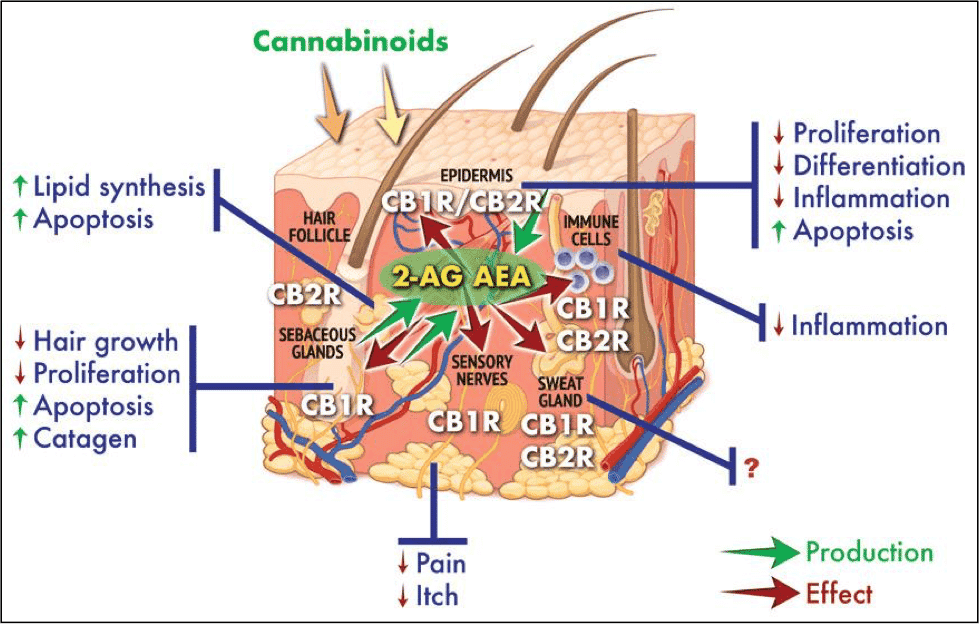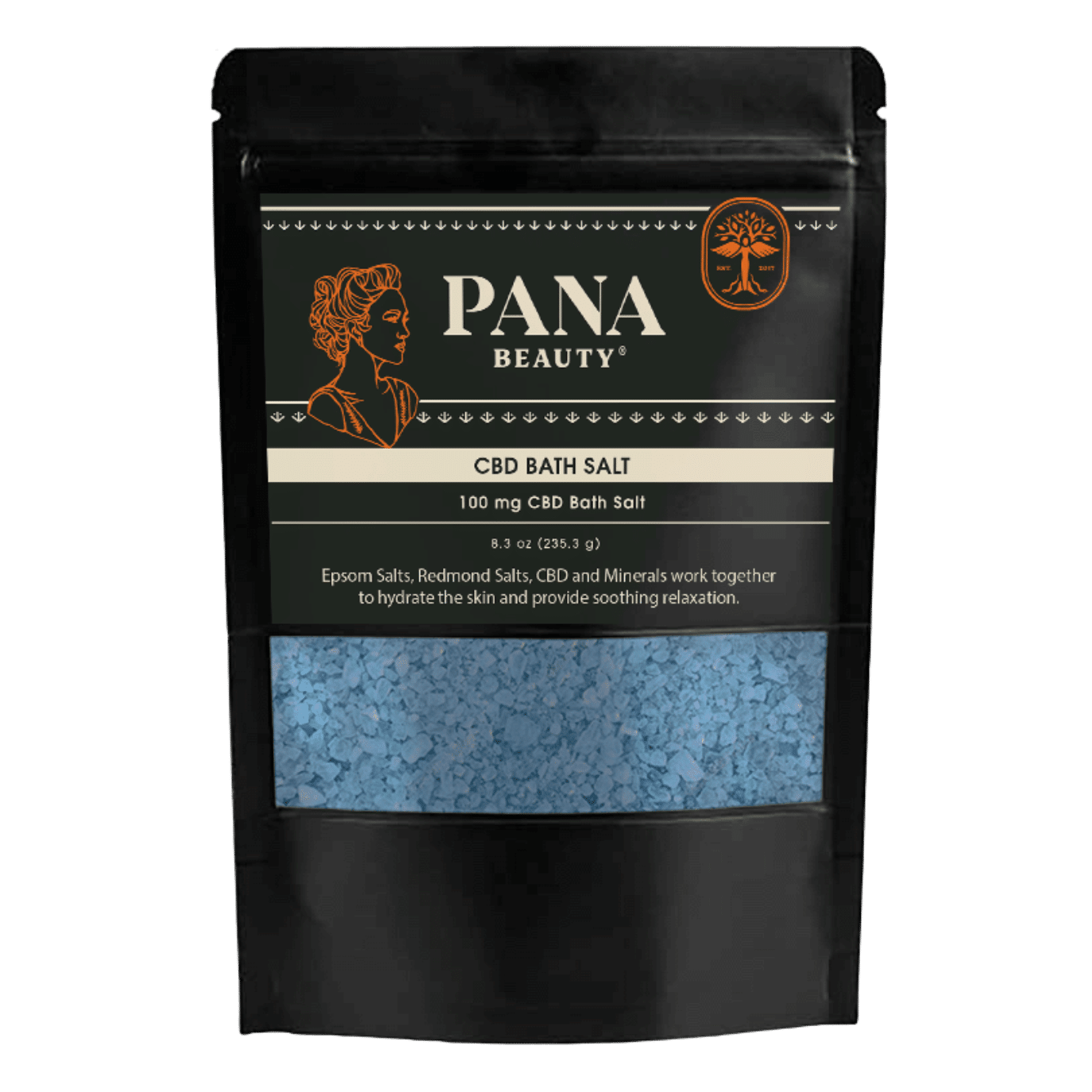With over 42% of Americans using over the counter CBD products to increase health and replace other dietary supplements or prescription medications, a common question is, why do these products need to be purchased online or at specialty CBD stores?1The lack of consistent regulations regarding how the Food and Drug Administration (FDA) and the Financial Industry Regulatory Authority (FINRA) view the hemp industry has restricted the ability of your favorite retailer to offer CBD products. Fortunately, recent bills and approvals are moving cannabidiol to mainstream acceptance, potentially allowing more convenient access to industrial hemp products.
Industrial hemp, or Cannabis sativa L., became federally legal with the approval of the 2018 Agriculture Improvement Act, more commonly referred to as the Farm Bill. Although this bill stated that hemp is legal to grow and products derived from industrial hemp were legal to make, there has been much confusion on how to tease apart the hemp industry from marijuana businesses. Because both industries work with Cannabis strains, the distinguishing feature between marijuana and hemp is the level of tetrahydrocannabinol (THC), the psychogenic compound found in the plant which by definition must be lower than 0.3% for industrial hemp, adding to the confusion among existing legal and regulatory frameworks.
Banking and Regulatory Roadblocks
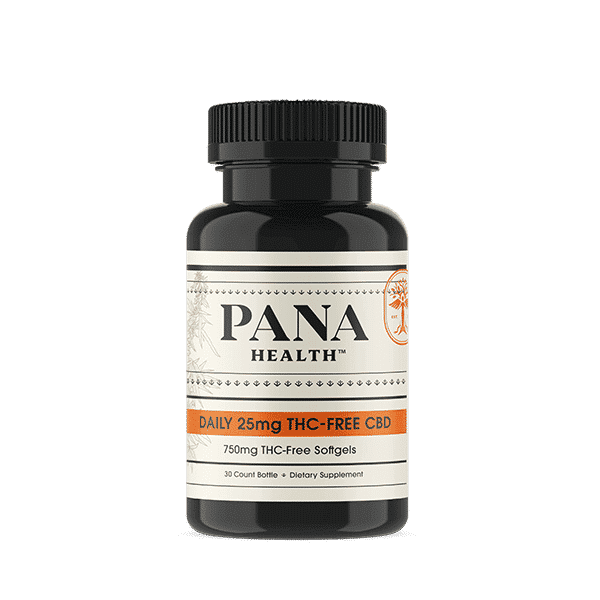
Currently, marijuana containing greater than 0.3% THC is classified as a schedule 1 drug and is federally illegal. Although several states have enacted laws and regulation allowing the sale and production of marijuana, federal institutions such as the Drug Enforcement Agency (DEA) and FINRA view marijuana as an illegal drug that prohibits interstate commerce and banking to protect from drug money laundering. While the implications of banking restrictions are wide ranging, an important aspect is the lack of regulatory approval by FINRA does not allow major banks and credit card processors to accept marijuana transactions. Fair or not, hemp or CBD businesses have been lumped into marijuana banking restrictions. Relief is on the way though, as just last week, the SAFE (Secure and Fair Enforcement) Act was approved by the House of Representatives, and if this bill becomes a law, banking for both marijuana and hemp will be similar to legal businesses, allowing major retailers to consider offering CBD products to their consumer.
In parallel, the FDA has not provided guidance as to how CBD products should be classified. Since GW Pharma entered CBD into clinical trials in 1997, prior to the marketing or sale of CBD products, the FDA is obligated by law to consider CBD as a drug. Because there has been a large public interest with numerous companies selling CBD products in recent years, the FDA has been working to reconsider how to regulate CBD. Last year, FDA Commissioner Stephen Hahn stated, “People are using these [CBD] products. We’re not going to be able to say you can’t use these products. It’s a fool’s game to try to even approach that.” In the past year, the FDA has been working to determine the safety of CBD and explore how to regulate products containing this cannabinoid.

-
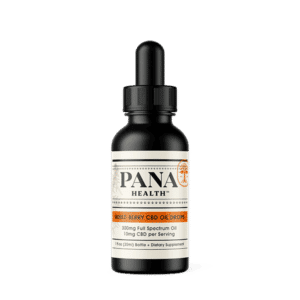
CBD Oil Drops (Full Spectrum)
From: $17.45 Select options This product has multiple variants. The options may be chosen on the product page -

F.A.S.T. Extra 50mg CBD
$37.95 Add to cart -
Sale!
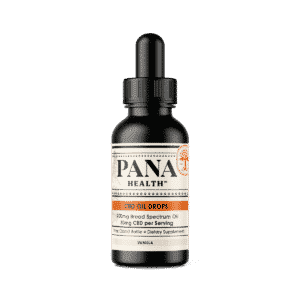
CBD Oil Drops (Broad Spectrum)
$19.95From: $11.97 Select options This product has multiple variants. The options may be chosen on the product page
Regulation Matters
Proper regulations are extremely important for the over the counter CBD products industry so consumers are properly informed and products are made to potency and purity standards. Knowing how products are regulated is also important for retailers because it ensures proper labeling and helps to avoid product recalls, which are costly for both the retailer and product manufacturer. To this point, it is estimated that approximately 70% of Over the counter CBD products do not meet potency and purity requirements.2Many products do not contain the stated quantity of CBD in them and may even contain high levels of THC — not to mention the possibility of them also having impurities such as pesticides or heavy metals. With the FDA impasse on how to move forward, congress has introduced bill HR841 to provide legal authority for the FDA to regulate CBD as a dietary supplement.
This law would emulate the path taken by many progressive states that have embraced the CBD industry with set regulations. Colorado, for example, has enacted some of the best regulations for the hemp industry in the nation that provide clear guidance on how products will be manufactured and labeled. The Colorado regulations provide consumer information regarding products, protect the consumer from impure products, and allow a clear business approach for manufacturing. Likewise, California recently passed AB45 that legalizes the incorporation of hemp products into food, dietary supplements, cosmetics and pet products. While this bill is awaiting the governor’s signature, California’s Department of Health will consider how these products will be regulated within the state.
Overall, the past few months have provided more (much needed) clarity on the banking and regulatory pathways for CBD and industrial hemp products. Once the banking and regulatory definitions of hemp products are determined through various federal and state bills, retailers will begin carrying CBD products. This is a very important step allowing quality products to be made available to retailers while also allowing more Americans reliable and convenient access to the healing power of industrial hemp.
About the Author
James (Jamie) W. Baumgartner, Ph.D.
Born and raised in Eugene, Oregon, Dr. Baumgartner’s multitude of achievements span from holding 11 patents, to authoring well over 100 articles on the biological effects of cannabinoids in human and pet health, to working with state regulators to help shape the industrial hemp industry in Colorado working with both Colorado’s Department of Agriculture and Department of Health and Environment as a member of several of the Colorado Hemp Advancement and Management Plan. Jamie’s combined leadership, scientific and business expertise have led him to become the Chief Research Officer at Panacea Life Sciences, a Colorado-based, GMP certified, and vertically integrated cannabinoid



